PROTECT YOUR DNA WITH QUANTUM TECHNOLOGY
Orgo-Life the new way to the future Advertising by AdpathwayAnalysis of Rep. Byron Donalds’ Commentary on Government Shutdown and Trump’s Diplomacy
Representative Byron Donalds has carved out a significant voice in the current political landscape, especially as tensions rise over federal spending and the possibility of a government shutdown. His recent claims about Senate Democrats reflect a broader frustration with what he sees as their politically motivated tactics aimed at undermining former President Donald Trump. Donalds’ sharp criticisms emphasize a recurring theme: essential governance is being sacrificed for short-term political gains.
In his interview, Donalds accused Democrats of using the shutdown threat as leverage to push progressive priorities. He argues that the stakes of a government shutdown go beyond simple budgetary disagreements, framing them as part of a wider strategy aimed at amplifying partisanship rather than serving the public interest. His assertion that “the Democrats don’t care about putting forward common sense policy” encapsulates a sentiment that resonates as citizens grapple with government inefficiencies and rising costs. By dismissing their motivations as “weaponizing policy,” Donalds draws a clear line in the sand between what he sees as his party’s commitment to pragmatism versus the Democrats’ focus on ideological battlegrounds.
The arithmetic surrounding spending disputes serves as a backdrop to these allegations. Donalds highlights a significant gap between the funding levels desired by Democrats and those acceptable to House Republicans. He emphasizes that plans endorsed by the Democrats could lead to soaring costs, particularly regarding healthcare, a point that resonates deeply within discussions around the Affordable Care Act. His assertion that “the Affordable Care Act is an oxymoron” speaks directly to frustrations regarding healthcare affordability. This position aims to expose what he sees as the failings of a complex system that, in theory, should work for all but, in practice, often results in financial strain for families.
Donalds’ commentary extends beyond domestic fiscal issues into the realm of international relations, particularly regarding Middle East diplomacy. He starkly contrasts Trump’s approach with that of the current administration when discussing hostage negotiations involving Hamas. By stating that “when Trump acts, he delivers peace,” Donalds aligns Trump’s record of facilitating historic agreements, such as the Abraham Accords, with effective diplomacy. This narrative seeks to solidify Trump’s diplomatic legacy as beneficial for Israel and regional stability, implying that the current leadership’s attempts lack the same degree of effectiveness.
Another crucial angle in Donalds’ analysis is his portrayal of Democrats’ response to these peace initiatives. He argues that their focus on characterizing Trump as the adversary detracts from meaningful dialogue. Such tactics not only undermine potential resolutions but also exacerbate existing tensions. The phrase “they create chaos” effectively captures this viewpoint, pinning the blame for international instability on political opponents rather than the complexities of foreign relations.
Moreover, Donalds addresses the concept of political accountability, using the indictment of James Comey as an example of supposed double standards in the political justice system. He maintains that no one should be above the law, a principle he asserts must apply uniformly to all, regardless of status or influence. This narrative thread highlights an ongoing concern within Republican discourse: the notion that legal and governmental structures are often leveraged to pursue selective accountability rather than universal adherence to legal standards.
The breadth of Donalds’ commentary serves to illuminate a broader trend of political maneuvering in which various legislative and negotiation processes are framed through a lens of opposition to Trump. His remarks that Democrats focus on optics rather than substance reveal a dissatisfaction with current governance, one that many citizens find relatable as they navigate the complexities of a fractious political environment. The statement, “go ask Hamas how that worked out,” acts as a rhetorical bridge to connect domestic politics with foreign policy, underscoring the serious implications of political decisions made for theatricality rather than governance.
If Donalds’ critiques hold true, they suggest implications beyond simple budgetary outcomes; they extend to how public trust in federal institutions could be eroded as citizens observe political factions entrenched in such gamesmanship. The rising costs associated with federal subsidies and healthcare continue to fuel discussions, necessitating genuine reform rather than superficial fixes. As Congress heads toward potential shutdowns and continued international engagements, the focus remains on whether effective governance can ultimately prevail amid ideological strife.
As Donalds positions himself within this discourse, he presents an opportunity not just for critique, but also for advocating a return to meaningful policy-making. The urgency he voices can resonate with an electorate eager for solutions rather than drawn-out political battles. In articulating the stakes of both domestic and international concerns, Donalds underscores a pivotal moment in American politics—one where substantive responses may ultimately dictate success or failure not only in governance but in fostering a stable future.
"*" indicates required fields


 2 weeks ago
26
2 weeks ago
26


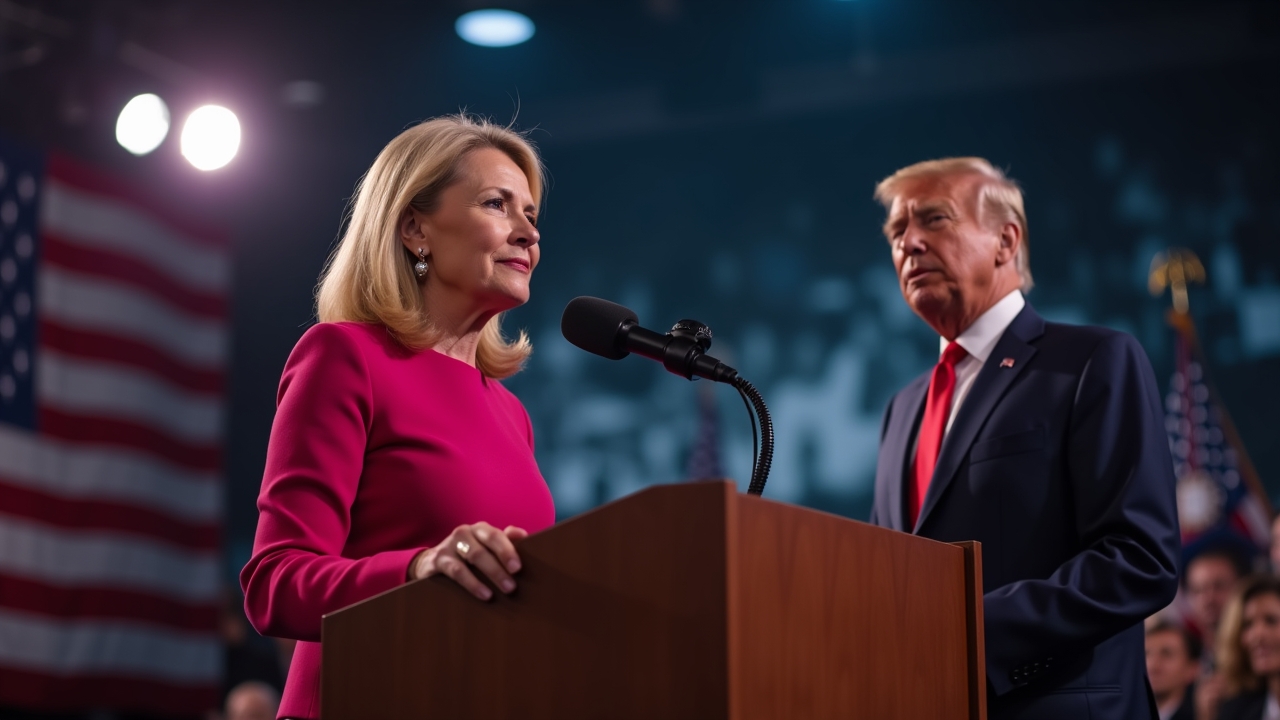
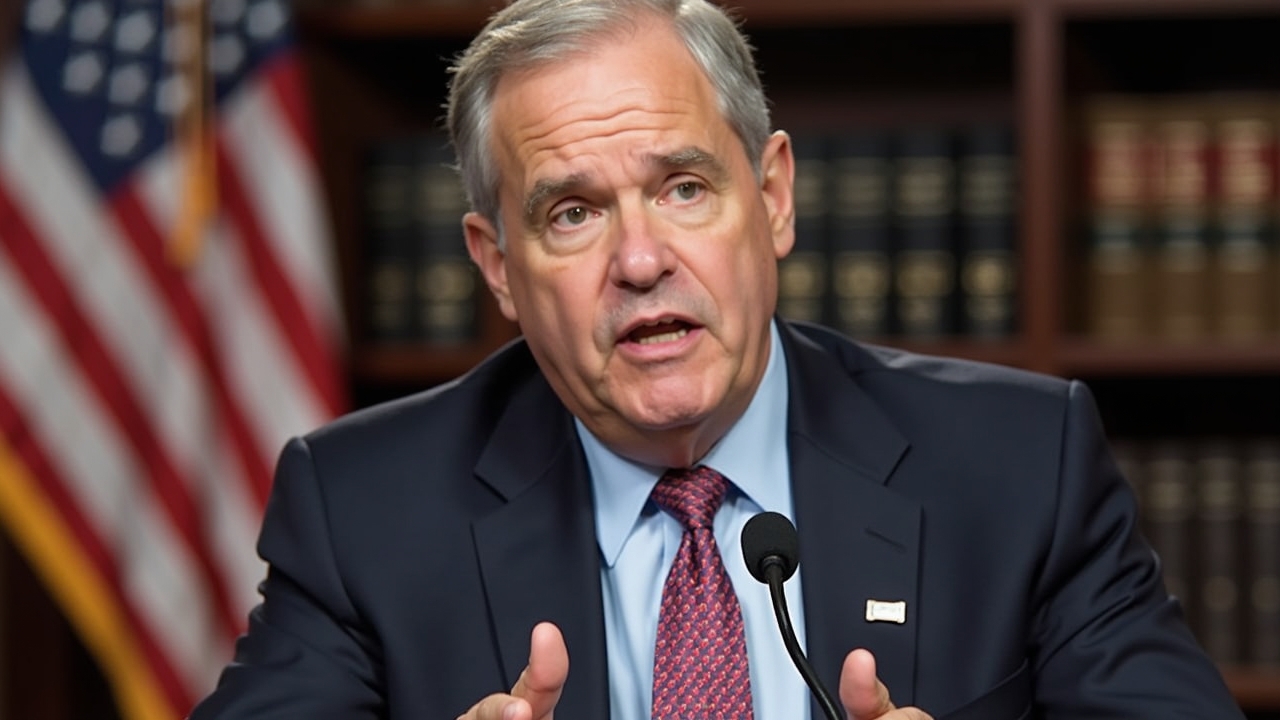
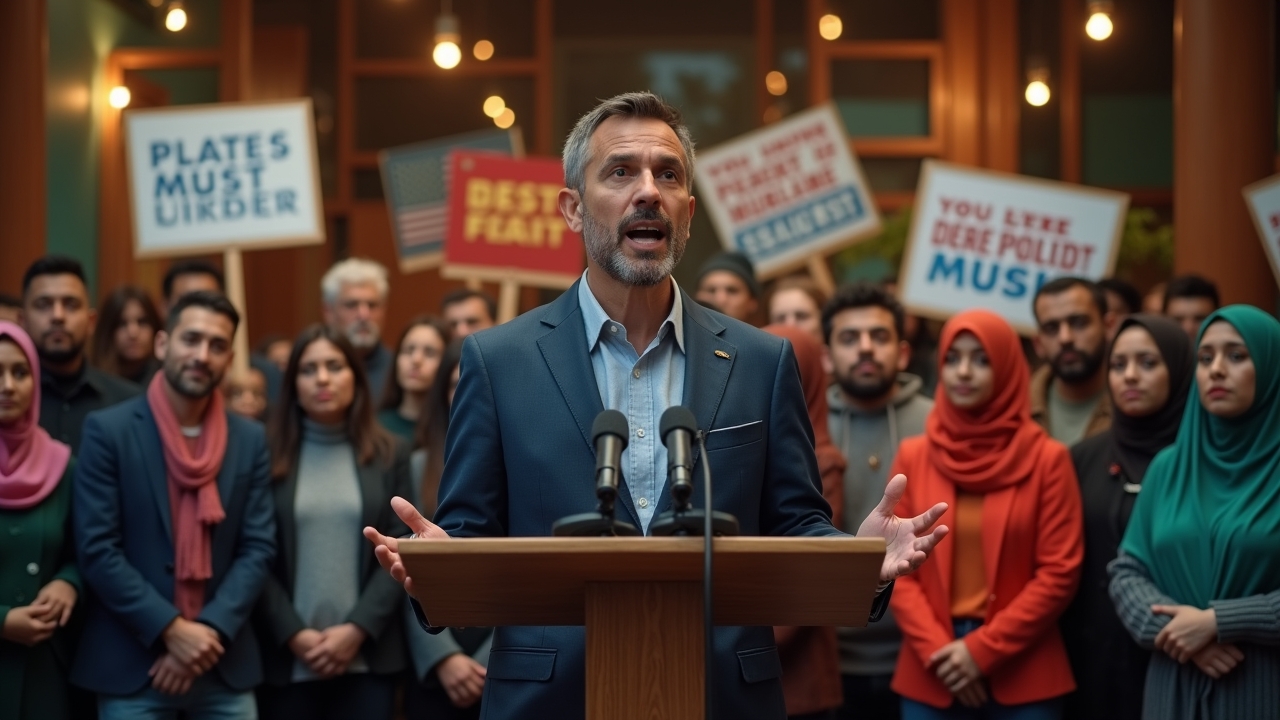
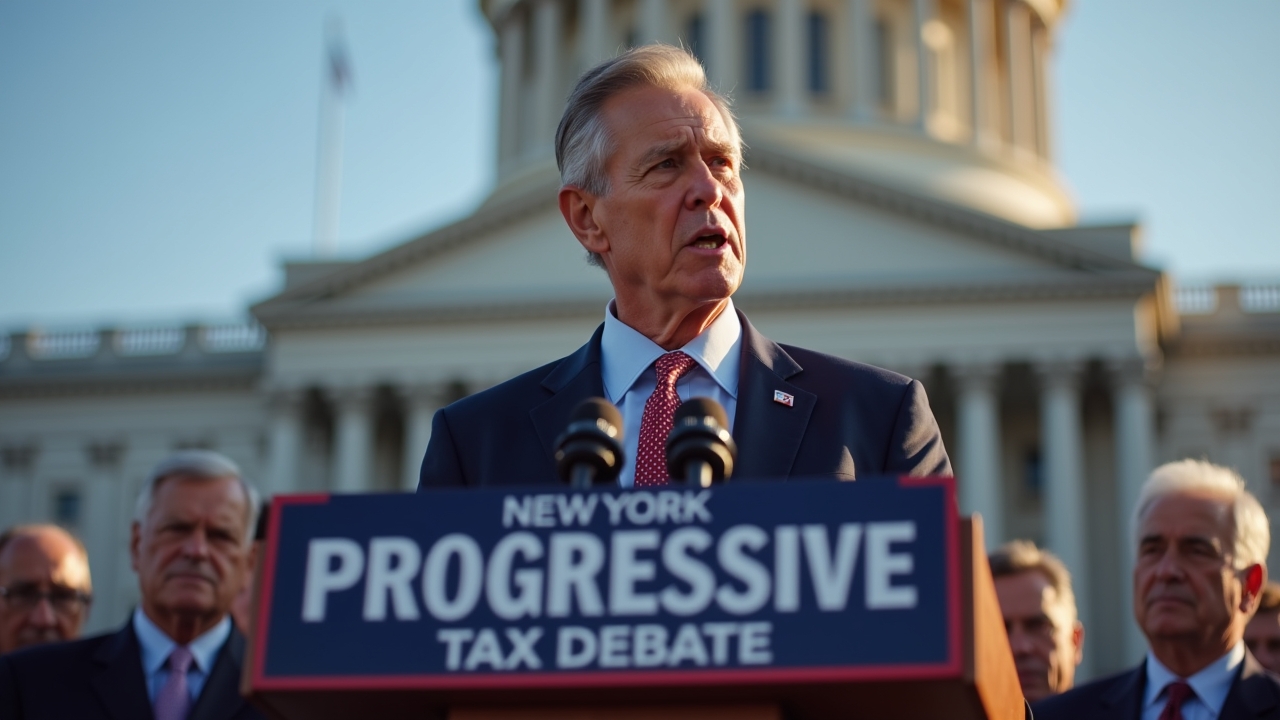

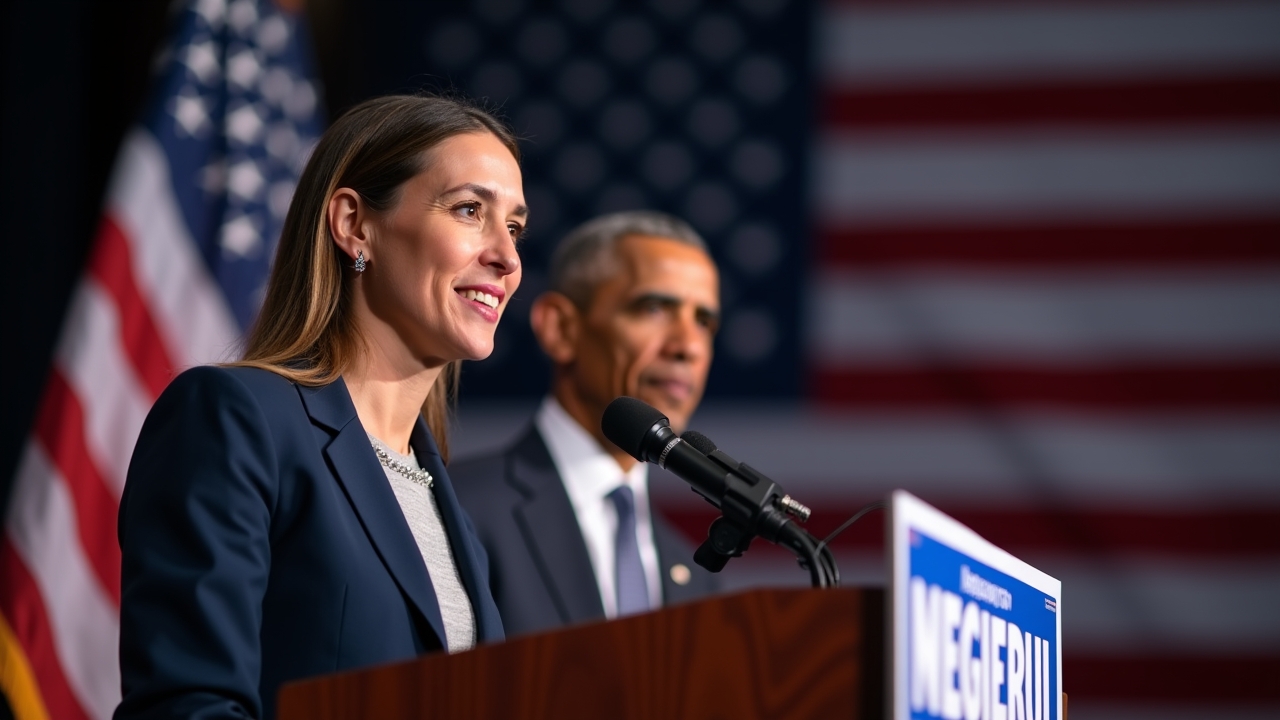










.jpg)






 English (US) ·
English (US) ·  French (CA) ·
French (CA) ·